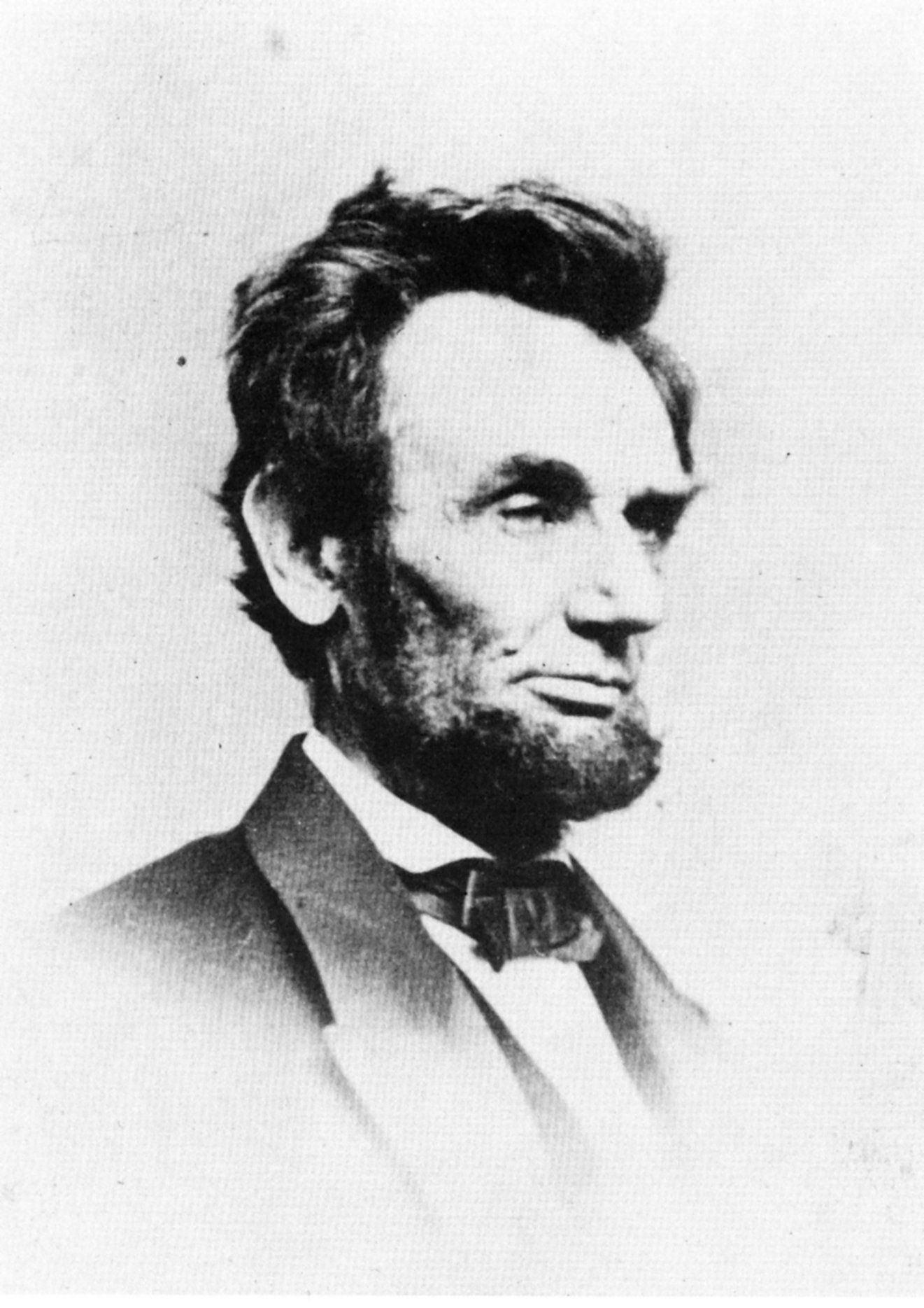Lincoln & The Trent Affair
by Diana Loski
In early November, word reached Lincoln’s Secretary of State, William Seward, that two former senators were traveling to England as Confederate ambassadors, hoping that Britain would recognize the South as a sovereign nation.
With Lincoln’s knowledge and blessing, Seward sent word to the various ship captains forming the Union blockade to apprehend James Mason and John Slidell before they could board an English vessel. They were too late – the two men were welcomed aboard a British mail ship, the Trent off the coast of Cuba, and were soon sailing through the Caribbean for England.1
Captain Charles Wilkes, the 63-year-old commander of the San Jacinto, caught sight of the English ship near the Bahamas. He did not have permission from the government to seize the two men once on an English ship in international waters. However, eager to capture the two rebels, he nevertheless fired upon the vessel. He sent his next in command to board the ship and take the two Confederates as prisoners, which was promptly done.2
When the news was published about the act, Captain Wilkes was hailed as a national hero. Lincoln and Seward, too, seemed pleased – until the members of Britain's Parliament reacted. They were incensed at what had transpired, and threatened war with the United States. Lincoln did not want to free the two Confederates, but even more he did not want a conflict with Great Britain.3
Then, and it appears miraculously, someone intervened.
Then and now, for Parliament to pass any law or take any action – especially one that instigates war – the sovereign ruler must agree. Queen Victoria would have to sign off on any act of war. Her husband, Prince Albert, did not want war with the United States.4
Albert, married to Victoria for two decades, was an intelligent and compassionate man. A student of history, he knew that the two previous conflicts with the former Colonies had not ended well for Great Britain.
He knew something else as well. He was dying, and he knew Victoria would not endure his loss well. To embark in a foreign conflict at that time seemed an ill omen for the British Empire.
Prince Albert had suffered for two years with severe stomach ailments, which were never fully diagnosed. A family scandal that occurred at the same time as The Trent Affair also caused Victoria and her husband great emotional pain – their son and heir, Albert Edward, was caught in an embarrassing scandal with a singer. The emotional stress and the physical debilitation from years of ailments weakened Albert to the degree that, when he came down with typhoid fever, he was unable to fight it. He died on December 14, 1861.5
Before his death, he managed to convince Victoria and Parliament to allow the United States to apologize, and offered a prevention of hostilities if the Lincoln administration released the two prisoners. Lincoln, preferring not to “fight two wars at the same time” acquiesced. The news reached Great Britain in the days between Albert’s death and his funeral on December 23.6
When President Lincoln learned about the death of the Prince Consort, he sent a letter of condolence to Queen Victoria. He praised the “ cordial friendship and sympathy ” between Britain and America, and lamented the loss of her beloved husband, whom Victoria called, “my Life – my Stay – my All.”7
The bereaved queen returned the favor to Mary Lincoln a few years later. When she learned of the assassination of the 16th President in 1865, she penned a letter to Mary Lincoln, whom she affectionately termed as “ Mrs. President ”. She wrote in part, “I cannot remain silent when so terrible a calmnity [sic] has fallen upon you and your Country & most personally express my deep & heartfelt sympathy with you…No one can better appreciate than I can, who am myself utterly broken-hearted by the loss of my own beloved Husband, who was the Light of my Life.”8
In their grief, Victoria and Mary Lincoln were almost exactly the same. Their shattered emotional states would remain with them for the rest of their lives – which started in December 1861, one hundred and sixty years ago.
Though Albert did not survive, his final intervention nevertheless saved lives and helped keep Great Britain from recognizing the Confederacy, which in part preserved the Union through the four years of fratricidal conflict. The Trent Affair, then, provided only a footnote to the terrible war, instead of the potential, and international, disaster it might have been.
Sources: Crofton, Ian. The Kings & Queens of England . New York: Metro Books, 2006. Goodwin, Doris Kearns. Team of Rivals: The Political Genius of Abraham Lincoln . New York: Simon & Schuster, 2005. Sandburg, Carl. Abraham Lincoln: The Prairie Years & the War Years . New York: Galahad Books, 1993 (reprint, first published as two volumes in 1929 and 1934). Victoria to Mrs. President, Letter, Library of Congress, Manuscripts, loc.gov/Victoria Letter.
End Notes:
1. Sandburg, p. 269.
2. Goodwin, pp. 396-397.
3. Ibid.
4. Crofton, p. 222.
5. Ibid. p. 219. Albert Edward dropped his German first name and became Edward VII upon the death of his mother in 1901.
6. Sandburg, p. 269.
7. Letter, Victoria to Mrs. President, Library of Congress. Excerpts of Lincoln’s letter, written by his Secretary of State, are also found at the Library of Congress.
8. Ibid. Albert had been dead nearly three and a half years when Lincoln was assassinated.



